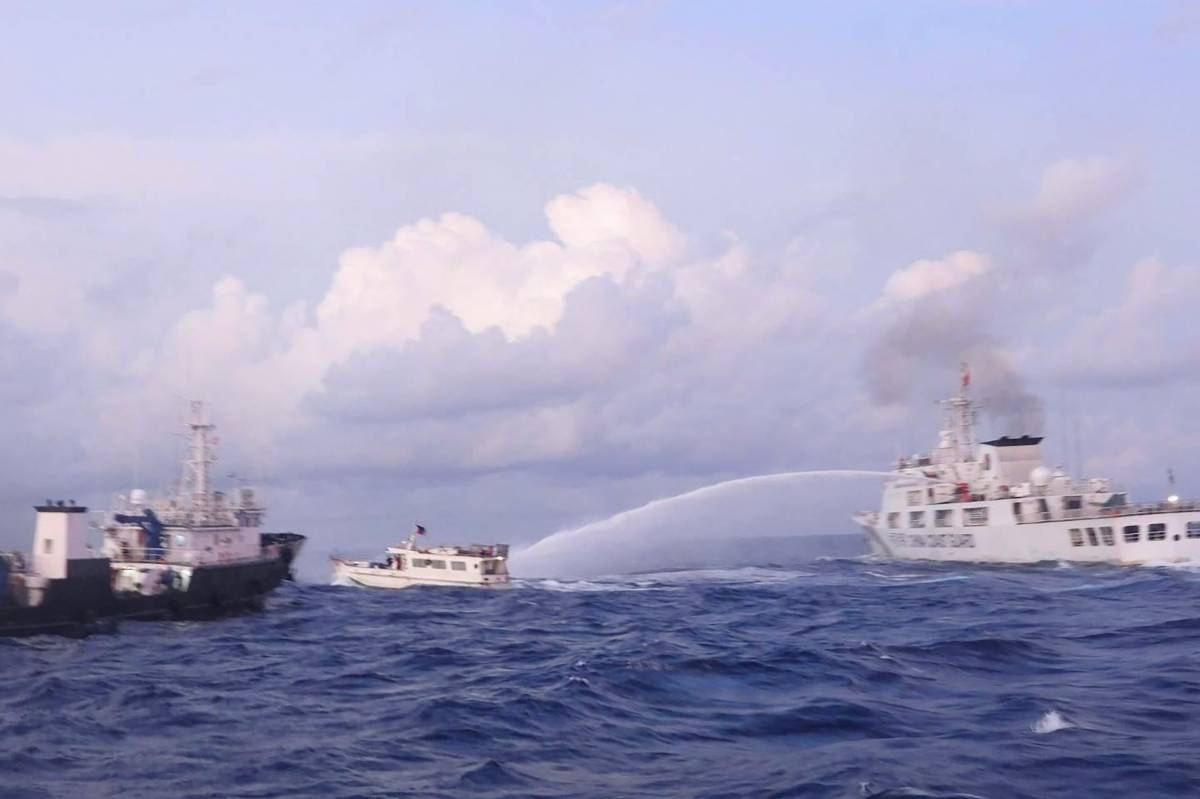Southeast Asian and Japanese leaders are set to strengthen their cooperation on maritime security, according to a draft statement seen by Agence France-Presse. The summit, which commenced on Saturday, comes at a time of escalating tensions in the South China Sea. China’s expansive claims over the waterway, a crucial trade route, and its increasingly aggressive actions in disputed areas have raised concerns among neighboring nations and the United States.
Japan, a close ally of the US and also involved in territorial disputes with China, has been increasing its military spending and bolstering security cooperation in the Asia-Pacific region. This includes partnerships with South Korea and Australia.
The draft statement for the summit highlights the commitment of Japan and the Association of Southeast Asian Nations (ASEAN) to strengthen security cooperation, particularly in the maritime domain. ASEAN, composed of Brunei, Cambodia, Indonesia, Laos, Malaysia, the Philippines, Singapore, Thailand, Vietnam, and Myanmar, celebrates 50 years of ties with Japan at this summit.
It is worth noting that Myanmar is a member of ASEAN, but its junta leaders have been excluded from high-level meetings due to their failure to implement a previously agreed peace plan following the 2021 coup.
Japan has expressed “serious concern” about recent incidents in the South China Sea, particularly the collision between Philippine and Chinese vessels and the use of water cannons by Chinese ships. Tokyo supports the Philippines’ objections to unlawful maritime claims, militarization, coercive activities, and the threat or use of force in the region.
Last month, Japan agreed to assist the Philippines in acquiring coast guard vessels and a radar system. The two countries are also discussing the possibility of troop deployments on each other’s soil. In addition, Japanese Prime Minister Fumio Kishida announced plans to deepen strategic ties with Malaysia and provide financial support for warning and surveillance equipment.
Malaysia, the Philippines, Vietnam, Brunei, and Taiwan all have overlapping claims in the South China Sea. In September, ASEAN nations conducted their first-ever joint military exercises, primarily focused on disaster relief and maritime patrols.
When asked about the ASEAN summit, China’s foreign ministry emphasized the importance of cooperation that promotes mutual trust and common development among regional countries. China urged relevant nations to contribute to regional peace and stability, while cautioning against actions that target third parties.
In a separate statement, China’s Ministry of National Defense warned non-regional countries with “ill intentions” to cease their alleged violations and provocations to prevent further escalation. China reiterated its commitment to safeguarding its territorial sovereignty and maritime rights and interests.
As tensions continue to rise in the South China Sea, the outcome of the summit and the subsequent actions taken by Southeast Asian and Japanese leaders will be closely observed. The international community hopes for peaceful resolutions and increased cooperation to ensure the security and stability of the region.







